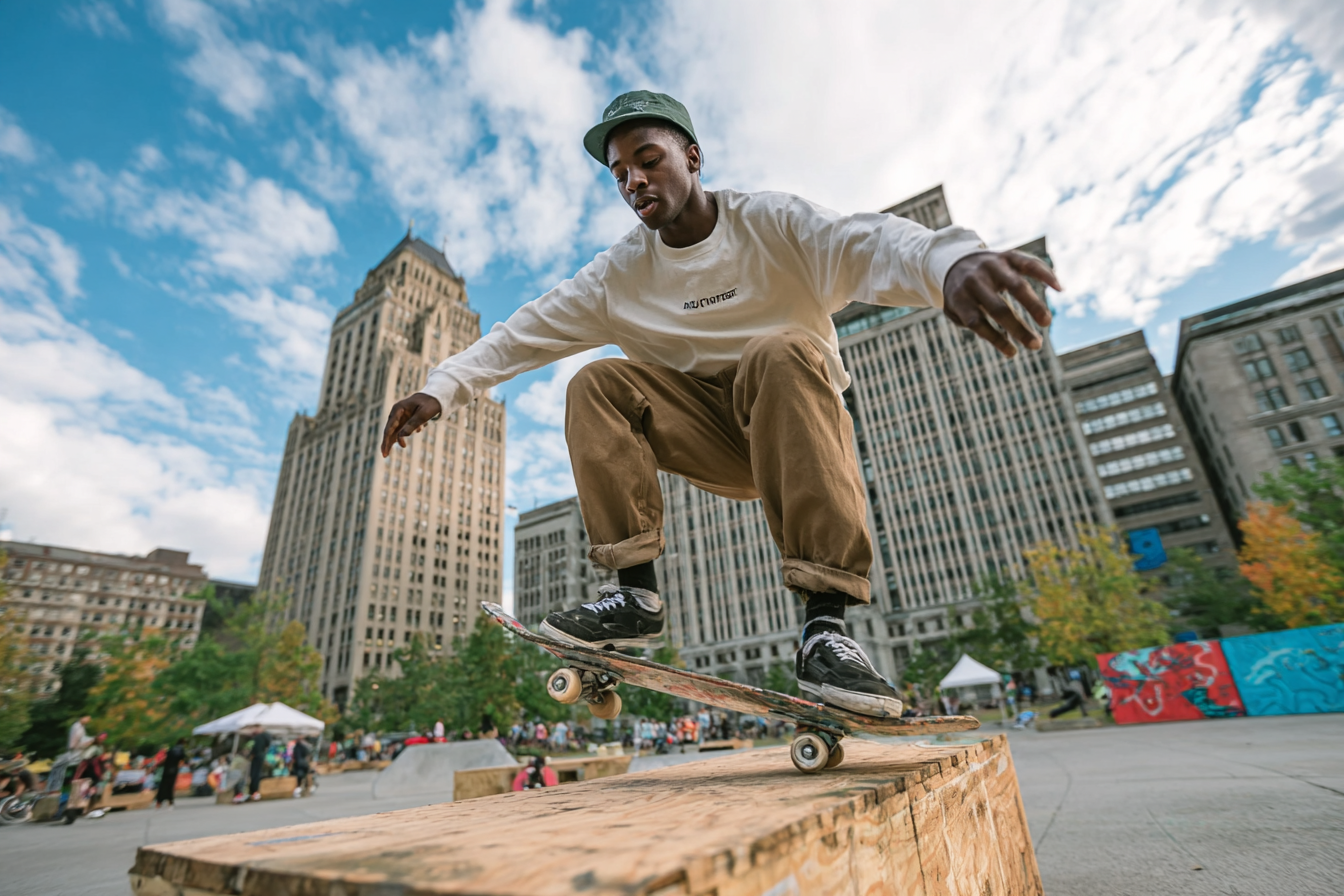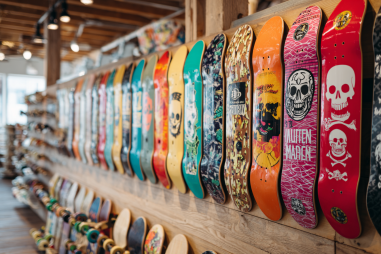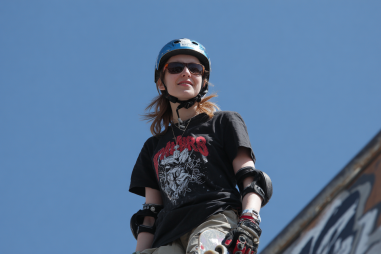Skateboarding is far more than just a sport or a pastime—it is a vibrant culture that has grown into a powerful social movement with widespread influence. Emerging from the streets and skate parks, skateboarding culture has shaped youth identity, inspired creative expression, transformed urban spaces, and promoted positive social change around the globe. Its impact extends into art, music, public spaces, health, and community development, making it a unique force in modern society. In this article, we explore how skateboarding culture has affected society and youth in profound and inspiring ways.
Skateboarding and Youth Empowerment
At its core, skateboarding empowers young people. It is an accessible sport that requires minimal resources but fosters creativity, resilience, and independence. Skateboarding encourages youth to explore their limits, discover new skills, and push boundaries both physically and mentally. Unlike organized sports, skateboarding allows individuals to create their own style and identity, fostering a strong sense of self-expression and confidence.
This culture often attracts those who feel marginalized or outside mainstream societal norms, providing them a community and sense of belonging. Skateparks and informal skate spots become gathering places where young skaters can socialize, collaborate, and mentor each other. Many programs worldwide harness skateboarding to engage at-risk youth, using it as a tool for skill-building, mentorship, and hope. In these ways, skateboarding contributes significantly to personal growth and empowerment among youth.
Influence on Art, Music, and Creative Industries
Skateboarding culture is intimately tied to artistic expression. Its DIY ethos and street origins have inspired a wide range of creative fields, including visual arts, music, fashion, and graphic design. Iconic skateboard graphics created by artists are celebrated worldwide, and many brands have collaborated with artists to push innovative design boundaries.
Music genres associated with skate culture—such as punk rock, hip hop, and alternative—have grown alongside the sport, influencing youth tastes and identity. Skate videos often feature cutting-edge soundtracks and creative storytelling, merging sport with artistic performance. This cultural cross-pollination has made skateboarding an influential trendsetter, impacting mainstream pop culture and creative industries alike.
Skateboarding Culture’s Role in Urban Development and Public Spaces
Skateboarding culture has significantly reshaped how cities think about public spaces. Once seen as a nuisance, skaters have helped redefine urban environments by activating plazas, sidewalks, and railings as skate spots. The demand for safe, dedicated skateparks has also led municipalities worldwide to invest in quality spaces designed specifically for skating. These parks often double as community hubs, encouraging social interaction and healthy outdoor activity.
Moreover, skateboarders’ unique use of the urban landscape has influenced architects and city planners to consider multi-use designs that accommodate diverse activities. This has fostered inclusive urban environments where creativity and movement thrive. In many cities, skateboarding culture also acts as a form of placemaking, helping to revitalize neglected or underused spaces and promote community pride.
Benefits of Skateboarding on Physical and Mental Health
Engaging in skateboarding provides many physical benefits such as improved balance, coordination, strength, and cardiovascular fitness. It offers a fun, dynamic workout that motivates consistent physical activity. Beyond the physical, skateboarding also contributes to mental well-being. It offers a form of stress relief, a healthy outlet for emotions, and a way to build perseverance and patience through mastering challenging tricks.
Skateboarding stimulates the brain with problem-solving demands, as skaters continually adapt to different terrains and refine their techniques. The sense of achievement from landing a new trick or conquering a difficult obstacle boosts self-esteem and motivation. For many, skateboarding also builds a social support network that helps combat feelings of isolation and depression. Health professionals and educators increasingly recognize skateboarding as a positive influence on holistic wellness.
Skateboarding as a Tool for Social Change and Inclusion
One of the most powerful aspects of skateboarding culture is its emphasis on inclusivity and social change. Skateboarding breaks many social barriers, offering a space where gender, race, and socioeconomic status are less important than skill, passion, and attitude. Diverse groups of people come together to share their love of skating, fostering tolerance and understanding.
Nonprofit organizations and grassroots movements use skateboarding worldwide to advocate for social justice, youth empowerment, and community development. These initiatives utilize skateboarding to reach marginalized populations, including refugees, girls and women, and the differently-abled, helping to challenge stereotypes and promote equality. This ethos of acceptance and progressiveness makes skateboarding a catalyst for positive societal transformation.
Global Examples of Skateboarding Culture Impact
Skateboarding culture’s impact is truly global, with communities around the world embracing and adapting it in unique ways:
- Brazil: Street skating has grown exponentially in Brazil’s favelas, where skateboarding offers youth a constructive alternative and a platform for creativity amid challenging social conditions. Local skaters have gained international recognition, bringing visibility to their communities.
- Japan: Japan has cultivated a sophisticated skate scene combining traditional aesthetics with modern innovation. Cities like Tokyo have integrated skateparks into urban designs, making skateboarding accessible and celebrated.
- South Africa: Skateboarding programs actively engage disadvantaged youth in Cape Town and Johannesburg, promoting peace and inclusion in areas affected by social strife.
- United States: Beyond its origins, the U.S. continues to lead innovation in skateboarding culture, from fashion brands to skateboarding-themed art exhibits and global competitions.
These examples underscore skateboarding’s adaptability and widespread cultural importance across continents and communities.
Skate Culture as a Force for Positive Influence
Skateboarding culture continues to evolve, inspiring generations with its blend of athleticism, creativity, and community spirit. More than just a sport, it represents a lifestyle that promotes freedom, resilience, and inclusivity. Its profound impact on youth empowerment, urban life, health, art, and social change illustrates skateboarding’s unique place in modern society.
Through its ongoing influence, skateboarding challenges conventions and encourages a fresh perspective on movement, expression, and environment. As more cities, organizations, and individuals recognize and embrace this culture, skateboarding will undoubtedly remain a powerful force driving positive change and inspiring future generations worldwide.







